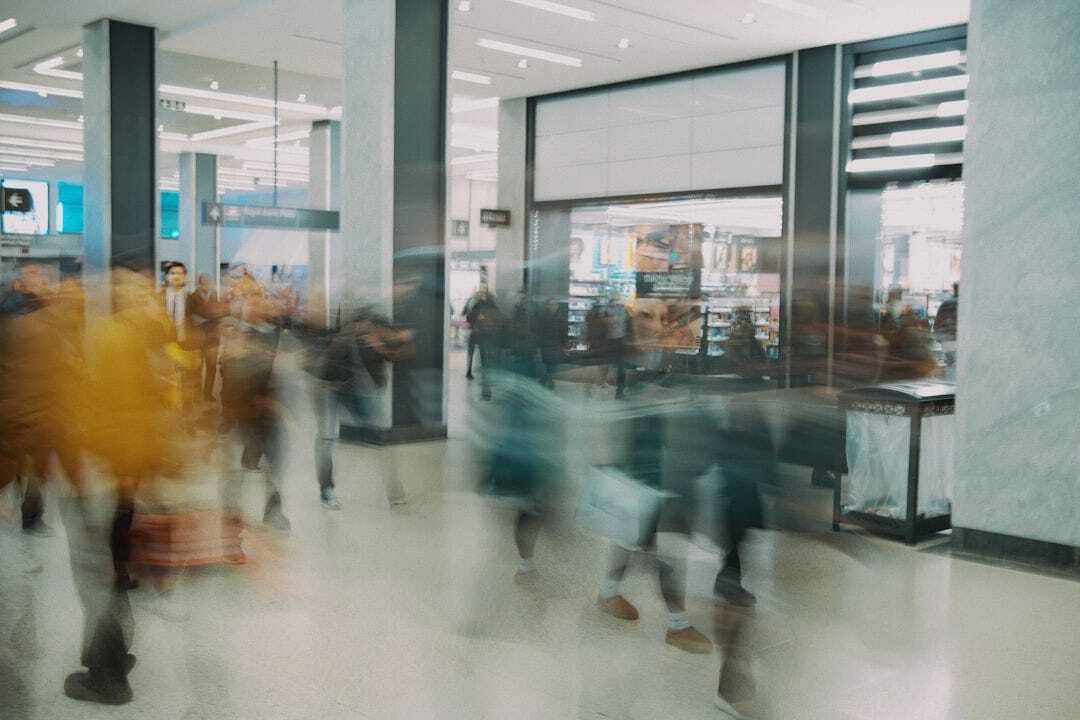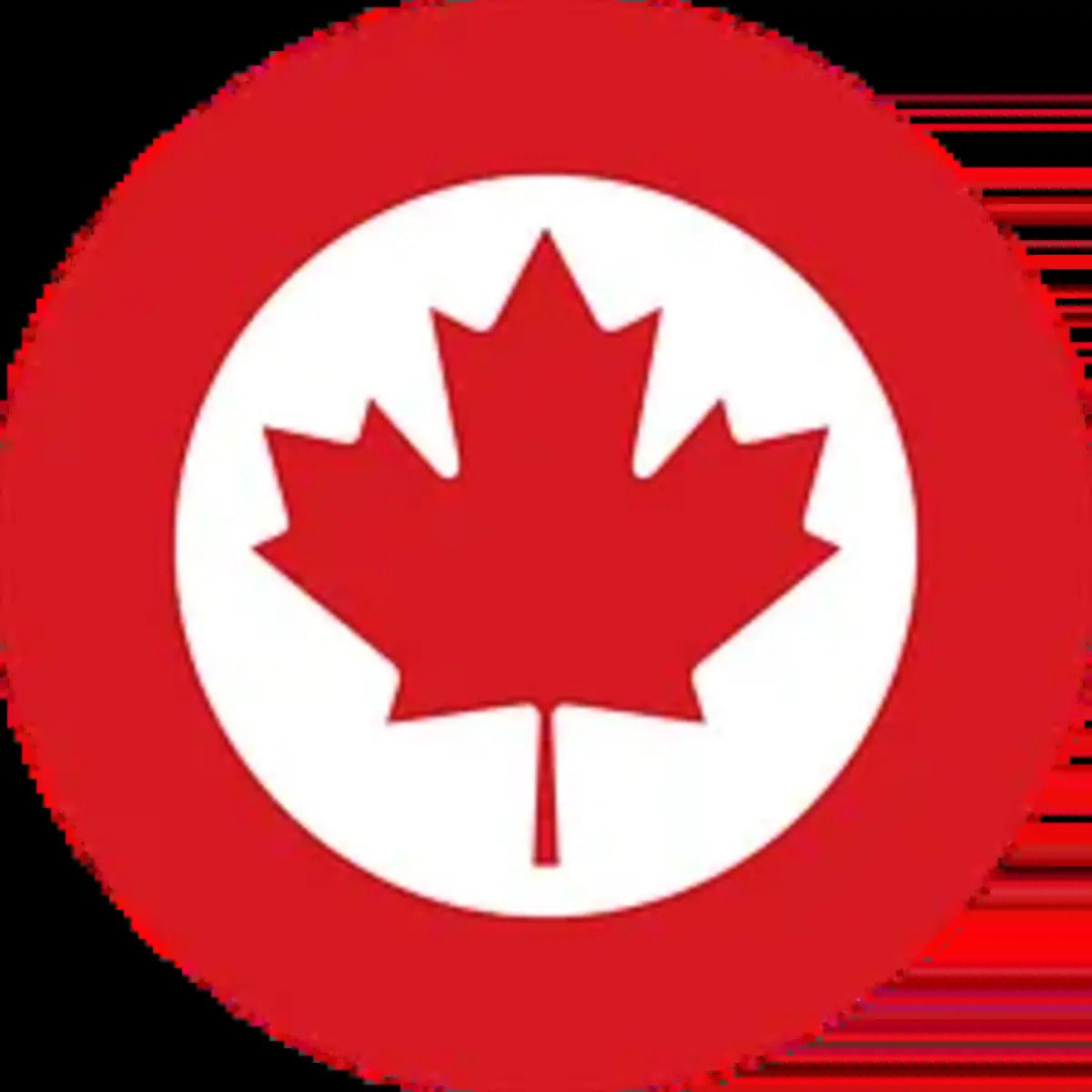Please forward this to ONE friend today and tell them to subscribe here.
Learning to Leave, Learning to Return

For nearly ten years, I called Hong Kong home. Before that, I spent almost two decades in the United States, long enough for its symbols, myths, and contradictions to shape my identity in ways I couldn’t fully see until I left. Like many immigrants and returnees, my life has unfolded across borders, oceans, and ideological divides. Each move has demanded that I shed an old skin, but nothing prepared me for the invisible burden of returning to Canada after so long abroad.
I left the United States around 2012. My formative years had been spent in its public school system, the daily pledges, the patriotic songs, the subtle but relentless message that to be American was to be chosen, exceptional, and unshakably free. Even now, much of my extended family still lives there, woven into the fabric of a country I both know intimately and no longer recognize.
The years since my departure have changed the United States profoundly. Gig work replaced stable jobs, social media fuelled polarization, and once-taboo ideologies have clawed their way into the mainstream. Honest conversation is harder to come by. Even casual disagreements risk permanent severance on platforms that turn friends into factions. In America’s shifting centre, positions that were once considered far-right are now labelled "moderate," while once-proud liberal institutions have drifted or crumbled under the weight of their contradictions.
Living in Hong Kong during those years, I experienced the inverse. Affordable healthcare, despite being a two-tiered system, was a norm, not a political battleground. A more manageable cost of living and affordable healthcare softened the unpredictability of life. I stopped fearing that an accident or illness could destroy my finances. I found it increasingly difficult to empathize with Americans who opposed these basic guarantees, who saw them not as rights but threats.
Despite all this distance, both literal and emotional, I kept my American passport. Not because I wanted to return, but because I couldn’t trust the Canadian consulate to help me if it failed again, despite being a Canadian citizen. It also gave me the right to vote, a fragile tether to a country that had shaped so much of who I was.
The Collapse of Hong Kong and a Reluctant Departure
In Hong Kong, my life was not just structured but fully rooted in purpose, place, and people. I lived, worked, and raised a family in a city known for its resilience and defiance. However, between 2019 and 2022, that resilience was crushed. The political crisis, first sparked by mass protests, deepened into an all-encompassing deterioration. Civil liberties vanished, and fear became the undercurrent of daily life. For my family, especially, the atmosphere became untenable.
By the time we made our decision to leave, most of my community had either already gone or were making plans to. The city I loved was no longer the city I had known. What made it hardest to leave wasn’t the skyline, the food, or the pace; it was the people. The ones who had defined my years there were disappearing one by one, scattered across continents in a slow-motion exile.
My wife was reluctant to go. As our departure date approached, she found subtle ways to delay the inevitable. My young son, just starting to build his sense of home and self in Hong Kong, struggled to understand why we had to leave at all. I had no good answer for him.
Returning to Canada was supposed to be a homecoming. It didn’t feel like one.
The Myth of Homecoming
In theory, Canada was our "home." In practice, it felt like a place we had once known, long ago, under different conditions. Cities had changed, and streets were unfamiliar. Most of all, we, having lived through protests, pandemics, and authoritarian crackdowns, were no longer the same people who had left.
I quickly realized that resettling was not simply a matter of logistics. My old friends were scattered across the world. The family I had in Canada viewed us with suspicion. To them, we were foreign agitators, disloyal ethnic Chinese who had resisted the regime they either supported or chose to ignore. These were not easy conversations, and often, there were no conversations at all.
Daily life was an adjustment, and not in the ways I had anticipated. Even in good neighbourhoods, there were safety concerns. Internet outages under Rogers were routine. Public services lacked reliability and professionalism. Infrastructure was poorly maintained, and salaries were lower despite the sky-high cost of living. Customer service often felt like a foreign concept. Civil servants demanded deference while providing very little in return.
I missed Hong Kong’s efficiency. I missed its clarity, and I missed the cultural familiarity that came with being part of the majority.
Sadly, even in Hong Kong, I had sometimes felt like an outsider, especially as the political situation grew more dire. In Canada, I found myself even more alienated, and my years abroad had shaped my worldview. I had picked up new habits, different ways of thinking, foreign cadences in my speech. These were small things, but they added up to a sense of disconnection that was hard to explain and harder to resolve.
Reintegration and Resentment
Working again in Canada brought new challenges. I had spent years running global marketing campaigns, leading projects that spanned time zones and cultures. However, when I came back, those experiences were undervalued. Canadian employers often looked inward, and the local job market was insulated. International experience was seen as exotic at best, irrelevant at worst.
I had to lower my salary expectations. I had to accept roles that did not reflect my skills or past responsibilities. I found that colleagues were irritated by my occasional references to life abroad. They didn’t want to hear about it because they didn’t want to be reminded that their world was not the world.
Despite this, there were moments, quiet, unremarkable moments, when I found myself softening. I was able to speak English again without thinking about local jargon or dumbing it down. I could navigate bureaucracy, however inefficient, in a language I fully understood. I began to appreciate the subtle freedoms of familiarity. They were not glamorous, but they mattered.
I had learned how to survive in foreign cities, in foreign languages, under foreign systems. Coming home should have been easier, but it required a different kind of strength, rooted in endurance.
Choosing to Belong Again
There is no single answer for returnees like me. No neat solution to the slow, aching process of reintegration. What I have learned is that it helps to speak openly. To tell our stories not with resentment, but with honesty.
If you are considering returning to Canada after being abroad for years, know this: it is harder than you think. Your skills may be questioned. Your identity may be misunderstood. However, that does not mean your experience is without value. It means we live in a system that hasn’t yet learned how to see the world.
The path forward requires more than just resilience. It requires empathy from both those who stayed and those who returned. It requires a cultural shift in how we value global experience and personal reinvention.
To anyone who has made a similar journey, I encourage you to share your story. Let others know they are not alone. If this resonates with you, pass it on. Refer it to a friend. Subscribe for future reflections or, if you’d like to support this work, consider buying me a coffee. It helps me keep writing about the truths we live but rarely speak.
We may be scattered, but we are not voiceless. Let’s keep the conversation going.
